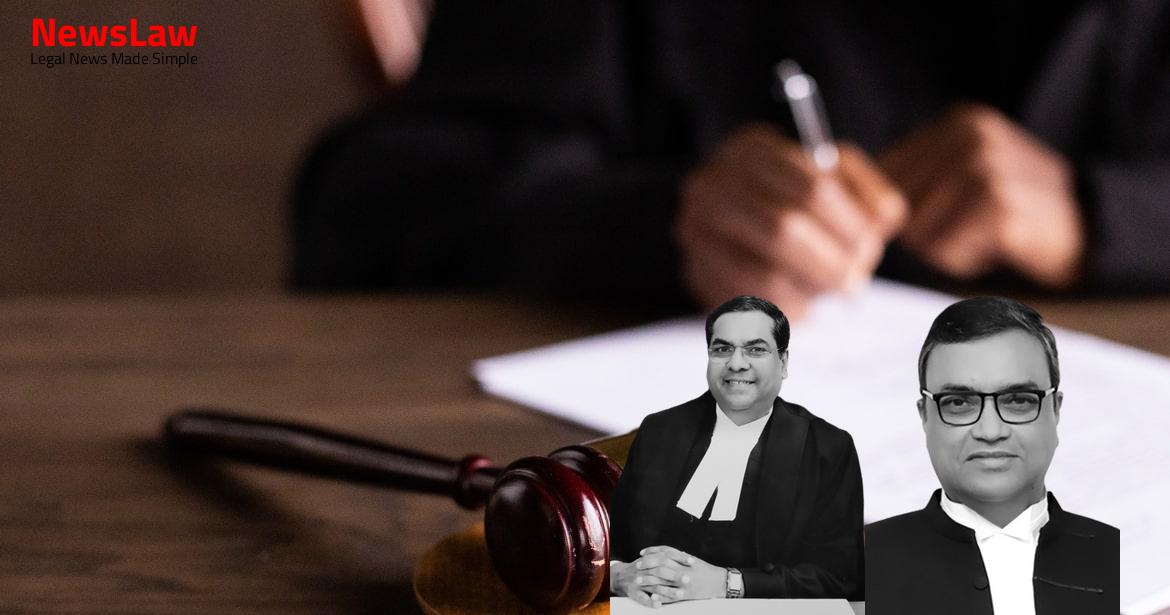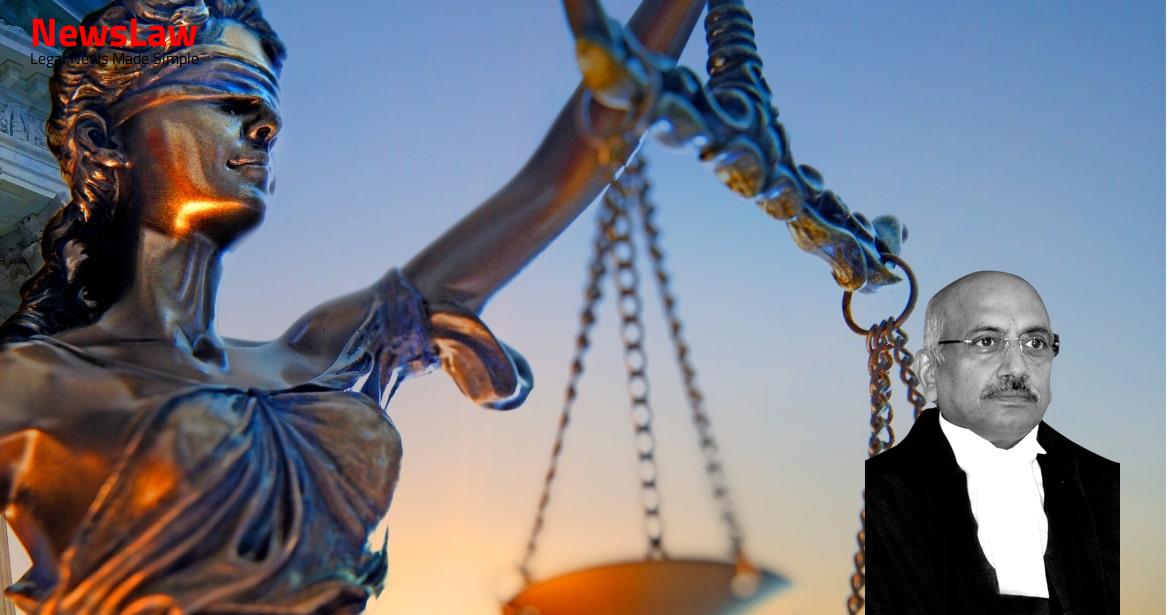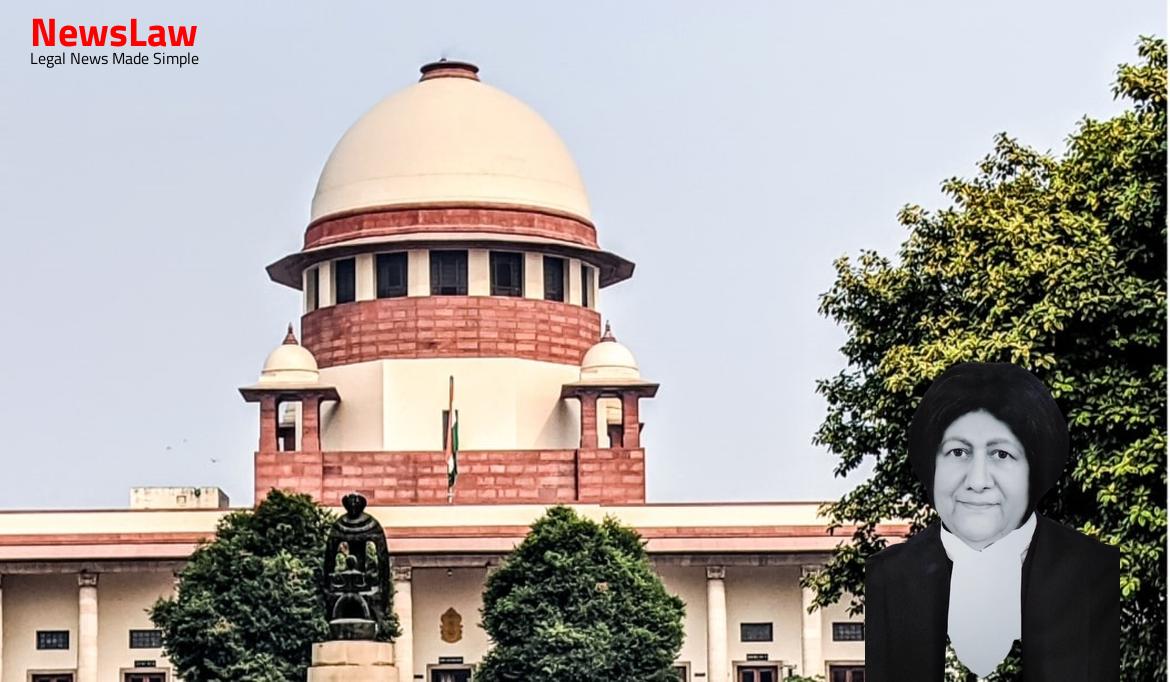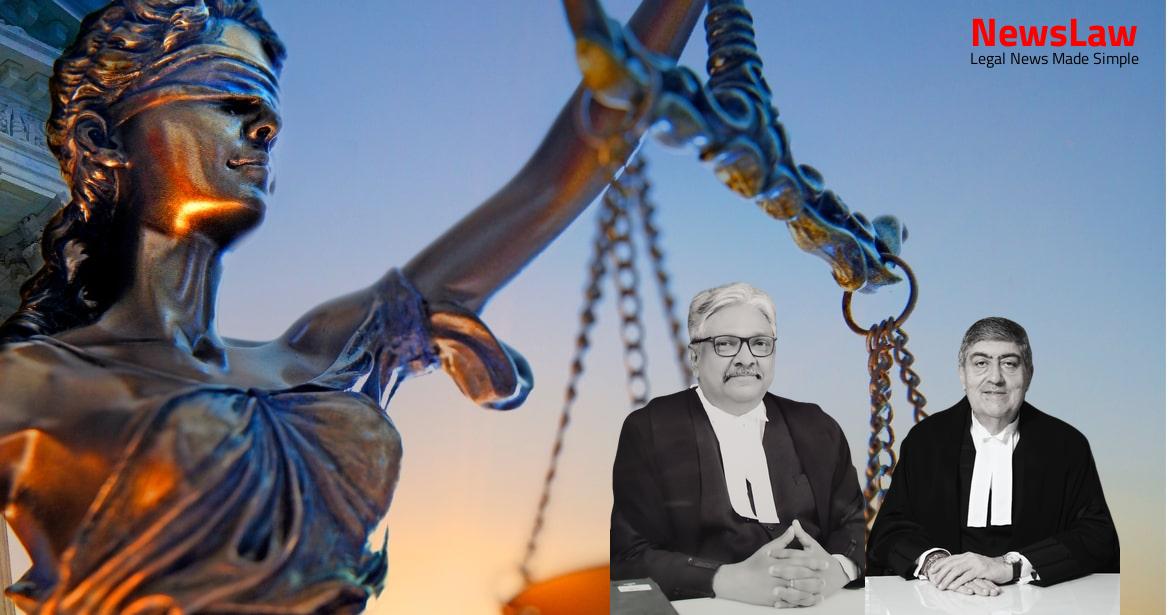In a significant ruling by the Supreme Court of India, the case of Bank Staff Unions vs. CBDT has provided clarity on the taxation of perquisites under the Income Tax Act. The judgment addresses the challenges to Section 17(2)(viii) and Rule 3(7)(i) concerning fringe benefits such as interest-free loans for bank employees. The decision affirms the legislative authority’s power to define and tax perquisites in alignment with primary legislation, ensuring consistency and fairness in tax laws.
Analysis
- Perquisite is a fringe benefit given because of employment that would not otherwise be available.
- Delegated powers must be used as ancillary measures necessary for exercising legislative powers effectively.
- Legitimacy of delegation depends on usage as an ancillary measure.
- Employee benefits such as interest-free loans qualify as fringe benefits and perquisites.
- Section 17(2)(viii) and Rule 3(7)(i) are challenged for potential excessive delegation of legislative function to CBDT.
- Legislative policy clarity and standards must accompany delegation of authority.
- Essential legislative function refers to determining legislative policy and formulating it as a binding rule.
- Primary legislation does not violate essential feature test in this context.
- Judgment involves appeals by bank staff unions challenging Income Tax Act provisions.
- Income tax sections 15 to 17 relate to taxes on salaries and perquisites.
- Definition of perquisite and salary in the Income Tax Act is elaborated upon.
- Rule 3(7)(i) specifies the valuation of certain fringe benefits such as interest-free loans from banks.
- Delegated legislation must align with primary legislation without exceeding its limits.
- Subordinate authority’s power to define perquisites is constrained by the language of the Act.
- Legislative guidance must be provided for delegated legislation to be valid.
- Delegated legislation can focus on details ancillary to the primary statute.
- A clear benchmark for calculating taxable perquisites aids in consistency and clarity.
- Certainty and clarity in taxation promotes tax efficiency for both taxpayers and authorities.
- Challenge of excessive delegation regarding tax levies by municipalities is addressed.
- Unique benefits like interest-free loans for bank employees are considered perquisites.
- Such benefits are seen as additional to salary and part of employment perks.
- Loans made available for medical treatment for specified diseases or petty loans not exceeding Rs.20,000 are not taxed as perquisites.
- Specific clauses in Section 17(2) list taxable perquisites such as rent-free accommodation, concessional accommodation, and employer-paid obligations.
- Clause (viii) of Section 17(2) allows for taxation of any other fringe benefit or amenity through rules.
- Rule 3(7)(i) determines the taxable value of interest-free/concessional loans based on SBI’s interest rate, except for medical treatment loans or loans under Rs.20,000.
- The rule-making authority can tax any other fringe benefit or amenity not specified in the clauses of Section 17(2).
- Laws relating to fiscal or tax measures enjoy greater latitude in uniform approach.
- Residuary clause in Section 17(2)(viii) captures and taxes ‘fringe benefits or amenities’ as ‘perquisites.’
- Enactment of Rule 3(7)(i) by CBDT under Section 17(2)(viii) for taxing perquisites as ‘salary’.
- Legislature’s assumption of common parlance understanding for ‘perquisites’ and ‘fringe benefits’.
- Rule 3(7)(i) based on uniform approach, fair determining principle aligning with constitutional values.
- Flexibility granted to legislature for not providing exact definitions for all terms in statutes.
- Black’s Law Dictionary definition of ‘fringe benefit’ as benefit excluding direct salary.
- Rule 3(7)(i) found intra vires Section 17(2)(viii) and prescribes method for valuation of interest-free/concessional loans.
- Law Lexicon elaborately defining ‘perquisites’ and ‘fringe benefits’.
- Rule 3(7)(i) not arbitrary by using SBI’s PLR as benchmark for perquisite valuation.
- Common parlance understanding essential for tax legislations, perquisite well-understood by common person.
- Enabling catch-within-domain provision of Section 17(2)(viii) provides flexibility for residuary clause.
- Subordinate legislation for taxing interest-free/concessional loans as fringe benefit within rule-making power.
- Fixation of SBI’s interest rates as benchmark not arbitrary, impacting interest rates charged by other banks.
- Value of interest-free/concessional loans treated as ‘perquisite’ under Section 17(2)(viii) for taxation purposes.
- Legislative intent aligned with common man’s understanding as indicative of statute’s ramifications.
- The judgment highlighted that holding otherwise would lead to multiple problems and override legislative wisdom.
- The universal test applied in the case was deemed pragmatic, fair, and just.
- A complex problem was effectively solved by a straitjacket formula, deserving judicial acceptance.
Decision
- Rule 3(7) is held to be intra vires Article 14 of the Constitution of India.
- The appeals are dismissed.
- The judgments of the High Courts of Madras and Madhya Pradesh are upheld.
- No order as to costs.
Also Read: Bhushan Steel v. Arcadia: Supreme Court Judgment on Territorial Jurisdiction and Liability
Case Title: ALL INDIA BANK OFFICERS CONFEDERATION Vs. THE REGIONAL MANAGER CENTRAL BANK OF INDIA (2024 INSC 389)
Case Number: C.A. No.-007708-007708 – 2014



